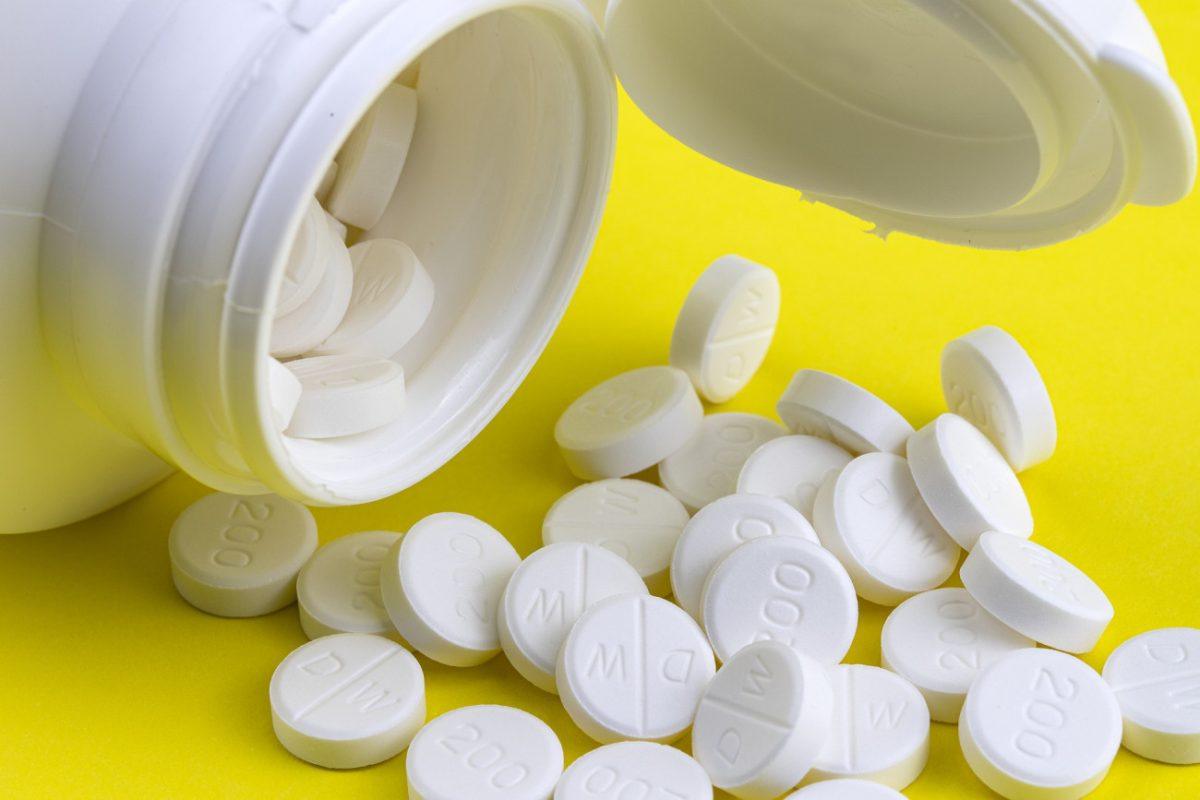Experimental cure for people with Down Syndrome

David Clarke has his hands full of work with his jobs. Three times a week, he arranges for separately collected waste in a supermarket in the domestic city of Zdrhheda in the east of Ireland, and other days of the week is taken an hour away by bus, to the capital Dublin, where he works in a warehouse that deals with gift baskets. David, who is 44 and Down Syndrome goes great.
« He still lives at home with us, but he is quite independent, » says his father, Pat Clarke, who voluntarily works on the Board of Directors of the European Union for Down Syndrome (EDSA), a non -governmental organization that supports and represents people with Down Syndrome across Europe. Life and employment prospects for them have improved dramatically in recent decades, mainly due to progress in medicine and raising awareness by organizations such as EDSA.
« In 1981, when David was born, life expectancy for a person with Down Syndrome in Ireland was only up to the mid -twenties, » adds Clarke. “It’s 60 to 70 years old.” Of course, there is still much to improve, and people with Down syndrome are still facing many challenges.
With longer life, the risk of health problems associated with Down syndrome, such as the early signs of Alzheimer’s disease and for obesity, increases the risk of health problems. Syndrome can cause lifelong development disorders, cognitive problems and severe heart problems and digestive tract.
Dr. Yann Hérault, a geneticist and neurobiologist at the Institute of Genetics and Molecular and Cell Biology in Strasbourg, is the head of a five-year research initiative named GO-DDS21, which aims at a better understanding of unique health risks exposed to people with Down Sindrom, and the search for better ways. « We did not know exactly how many accompanying diseases occur in the lives of people with Down Syndrome, when they appear and how they are interconnected, » Hérault explains. « If we want to understand the syndrome in a broad sense, we need to have this information. »
Understanding the biological paths
The Go-DDS21 team consists of doctors, pathophysiologists, integrative bioinformatics and artificial intelligence computers, namely France, Germany, the Netherlands, Spain and the United Kingdom. Together, they explore all the health risks that are exposed to people with Down syndrome, focusing primarily on obesity, diabetes and intellectual disorders.
Among other things, they found that the risk of diabetes in people with Down syndrome, aged five to 24, is four times higher than in peers from the general population. At the age of 25 to 44, the risk is twice the risk. Nevertheless, diabetes shows that diabetes is not a key factor in the occurrence of obesity – other biological and genetic factors are played.
Researchers have also discovered an increased risk of dementia, thyroid disorders, epilepsy and leukemia, and on the other hand, lower asthma, some cancers, ischemic heart disease and high blood pressure. Through their work, they will help to understand a clearer understanding of the specific health profile of people with Down Syndrome, including genetic and environmental factors that trigger the various problems they face.
For a better quality of life
According to the Central Registry of the European Commission JRC, in 1990, there were 16 cases of Down syndrome on 10,000 births and in 2015 there were 23 cases. Researchers hope that the understanding of biological paths and mechanisms that connect Down syndrome and various health conditions will allow for more effective treatment and provision of tips to improve the overall quality of life.
« The purpose of the research is to prepare recommendations for relatives how people with Down syndrome can reduce exposure to health risks, » says Hérault. As the team is discovering more and more factors that affect human health with Down Syndrome, they are constantly compiling lists of nutrition and activities that can make a great contribution to health.
In the field of treatment, another research team, also funded by the EU, led by dr. Rafaela de la Torreja, a neuroscientist at the Hospital Del Mar hospital in Spain, is advancing in the development of a pharmacological solution to improve mental disorders in people with Down Syndrome. As part of the five -year international study ICOD Biotechnology Company Aelis Farm, based in Bordeaux, develops AEF0217 experimental drug, which targets a memory and learning -related part – CB1 receptor.
This receptor is often too active in people with Down syndrome, which causes intellectual disabilities. AEF0217 acts as a selective CB1 receptor inhibitor, thus reducing excessive activity without completely blocking the receptor.
Potential advantages for people with Down syndrome include improved cognitive abilities, especially in the field of learning and memory, and greater independence in everyday life to improve the ability to focus and solve problems. AEF0217 is currently in the clinical trial phase – the first results are encouraging. If the testing is successful, this will be able to become the first cure for improving cognitive capacity in people with Down Syndrome.
« For the first time, we have a medicine in our hands that could truly reduce intellectual impairment in people with Down Syndrome, » explains De la Torre. « They will be able to get involved in society better and have more opportunities to work. »
Rapid action
A major step forward was last year’s one -month test, which showed both safety and potential efficacy of the drug. Among 29 people with Down Syndrome, ages 18 to 35, with slight or moderate disabilities, they have noticed considerable improvement in verbal and written communication, everyday skills and social interactions. Participants also showed more flexibility in new situations.
“We saw these effects after four weeks, which is fantastic. Usually, in treatment associated with cognitive functions, we expect progress to be visible only after three or six months, « explains De la Torre.
By January 2026, when the five -year ICOD initiative will end, the team will take a major test at about 200 participants from France, Italy and Spain. De la Torre believes that the medicine could be prepared for use in three years if the procedures are quick. In addition to the fact that, as they expect, it will improve the lives of people with Down syndrome, it will also significantly relieve their relatives. « Everything will be different with this medicine. »
———————
The research mentioned in the article are funded as part of the EU Horizon programs. The article was originally published in a magazine HorizonEU magazine for Research and Innovation.








/s3/static.nrc.nl/wp-content/uploads/2025/05/08085323/0805ECOBLOG_Rewe.jpg)